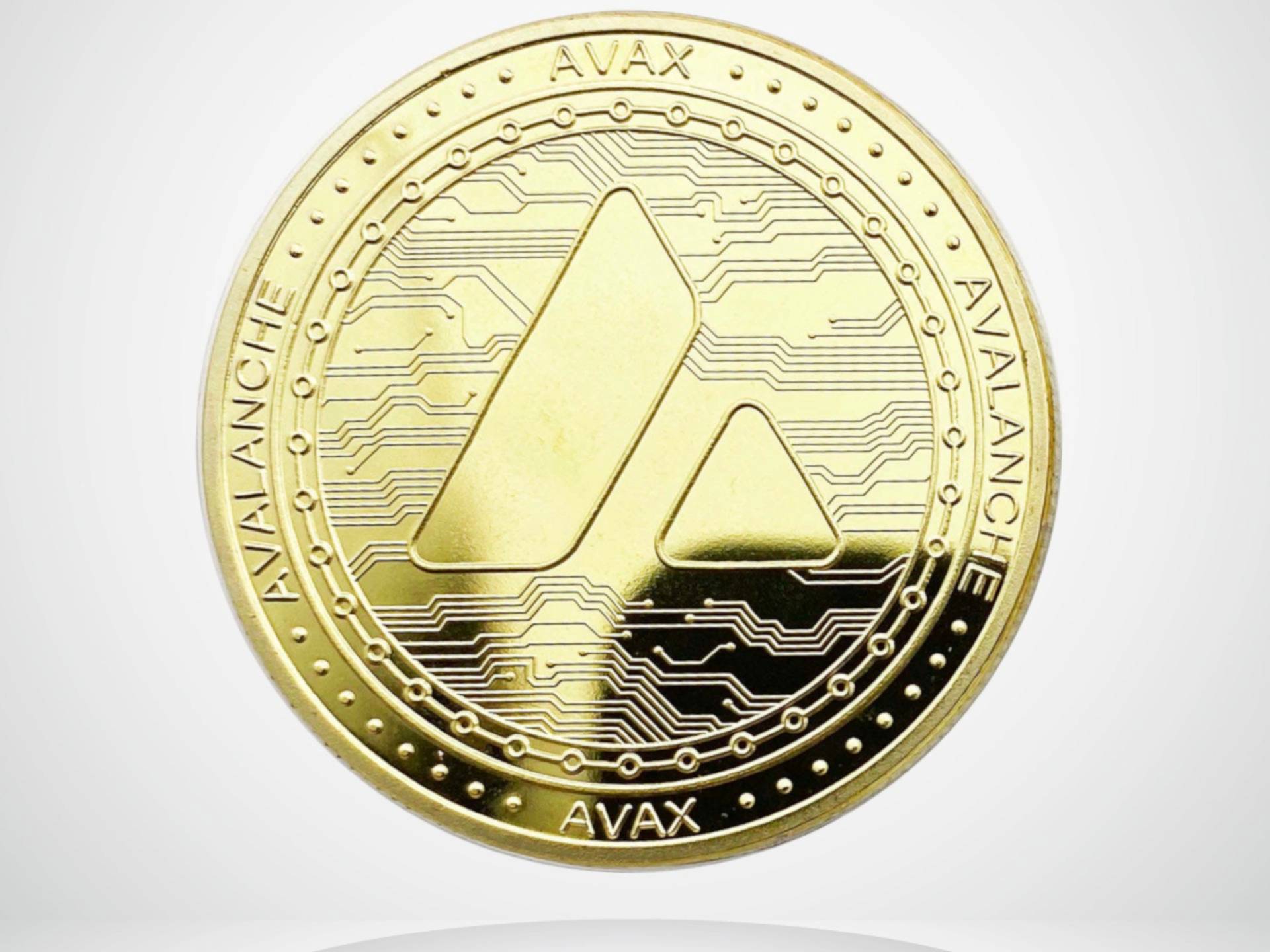위키 구독하기
Share wiki
Bookmark
Avalanche (AVAX)
0%
Avalanche (AVAX)
Avalanche (AVAX) 토큰은 Avalanche 플랫폼의 기본 토큰이며, 스테이킹을 통해 네트워크를 보호하고, P2P 거래를 수행하고, 수수료를 지불하고, Avalanche 플랫폼에서 생성된 여러 서브넷 간의 기본 회계 단위를 제공하는 데 사용됩니다. [1][2][3]
토큰 이코노미
Avalanche의 초기 코인 공개 (ICO)는 2020년 7월 15일에 종료되었고, 같은 해 2020년 9월에 메인넷이 출시되었습니다.
$AVAX의 총 공급량은 7억 2천만 개입니다. 출시 시 3억 6천만 AVAX (50%)가 발행되어 사모 및 공모를 통해 판매되었습니다. 나머지 3억 6천만 AVAX (50%)는 향후 수십 년에 걸쳐 분배되는 스테이킹 보상용입니다. [2]
- 2.5% - 시드 판매, 메인넷 출시 시 10%가 공개되고 나머지는 3개월마다 공개됩니다.
- 3.5% - 사모 판매, 메인넷 출시 시 10%가 공개되고 나머지는 3개월마다 공개됩니다.
- 10% - 공모 판매, 메인넷 출시 시 10%가 공개되고 18개월 동안 3개월마다 15%가 공개됩니다.
- 9.26% - 재단에 할당되며 10년에 걸쳐 공개됩니다.
- 7% - 커뮤니티 기부금, 12개월에 걸쳐 공개됩니다.
- 0.27% - 테스트넷 인센티브 프로그램, 1년에 걸쳐 공개됩니다.
- 5% - 전략적 파트너, 4년에 걸쳐 공개됩니다.
- 2.5% - 에어드랍, 4년에 걸쳐 공개됩니다.
- 10% - 팀, 4년에 걸쳐 공개됩니다.
- 50% 스테이킹 보상. [4]
$AVAX 기능
- 스테이킹을 위해 검증자가 소비하는 리소스는 해당 검증자의 총 스테이크에 비례합니다.
- 검증자가 검증을 통해 축적하는 보상은 해당 검증자의 총 스테이크에 비례합니다.
- 스테이크를 더 오래 잠그는 검증자는 더 많은 보상을 받습니다.
- 검증자는 온라인 상태를 유지하고 올바르게 작동하도록 장려됩니다. 보상은 가동 시간 증명 및 정확성 증명을 기반으로 하기 때문입니다.
- $AVAX는 관리 가능합니다. 최대 한도인 7억 2천만 개에 도달하는 속도는 거버넌스에 따라 달라집니다.
- 수수료는 특정 검증자에게 지급되지 않습니다. 대신 소각되어 $AVAX의 희소성을 높입니다. [4]
합의 메커니즘
Avalanche 블록체인 네트워크는 X-체인, P-체인, C-체인의 세 가지 주요 체인으로 구성됩니다. 각 체인은 고유한 역할과 기능 세트를 가지고 있습니다. [2]
X-체인은 Avalanche 네트워크의 기본 체인이며 자산 및 스마트 계약의 생성 및 전송을 담당합니다. X-체인은 AVAX 토큰과 같은 기본 자산과 Avalanche 자산 정의 언어 (AADL)를 사용하여 생성된 토큰과 같은 사용자 지정 자산을 모두 지원합니다. X-체인은 Ethereum에서 사용되는 것과 동일한 프로그래밍 언어인 Solidity로 작성된 스마트 계약도 지원합니다. [2]
P-체인 (플랫폼 체인)은 서브넷, 검증자 및 거버넌스의 생성 및 관리와 같은 네트워크 운영을 관리합니다. P-체인을 사용하면 간단한 지불에서 복잡한 분산 응용 프로그램에 이르기까지 다양한 사용 사례를 지원할 수 있는 사용자 지정 가능한 블록체인 인스턴스인 새로운 서브넷을 만들 수 있습니다. P-체인은 또한 스테이킹 요구 사항 및 거래 수수료와 같은 전체 네트워크 매개 변수를 관리합니다.
C-체인 (계약 체인)은 복잡한 스마트 계약 및 분산 응용 프로그램의 생성 및 배포를 지원하는 사용자 지정 가능한 서브넷입니다. C-체인은 고도로 사용자 지정 가능하도록 설계되었으며 분산 금융 (DeFi)에서 공급망 관리에 이르기까지 광범위한 사용 사례를 지원할 수 있습니다. [2]
Exchange Chain (X-Chain)은 Avalanche 합의 메커니즘을 구현합니다. 이 합의 메커니즘에서는 트랜잭션을 처리하고 검증하는 단일 리더가 없습니다. 대신 모든 노드는 방향성 비순환 그래프 (DAG) 프로토콜을 사용하여 트랜잭션을 처리하고 검증하여 동시 처리 및 검증자의 무작위 폴링을 통해 통계적 확실성으로 트랜잭션 정확성을 보장합니다. 합의 메커니즘에는 블록이 포함되지 않으며 즉시 완료할 수 있습니다. 거래 수수료는 0.001 AVAX로 고정되어 있습니다. [4]
유틸리티
AVAX는 네트워크를 강화하는 데 사용되는 Avalanche 생태계의 캡 공급 (최대 7억 2천만 개) 리소스입니다. AVAX는 스테이킹을 통해 생태계를 보호하고 트랜잭션 발행과 같은 일상적인 운영에 사용됩니다.
AVAX는 각 노드가 네트워크 결정에서 갖는 가중치를 나타냅니다. 단일 행위자가 Avalanche 네트워크를 소유하지 않으므로 네트워크의 각 검증자에게는 지분 증명 (PoS)을 통해 소유한 총 지분의 비율에 해당하는 네트워크 결정에서 비례 가중치가 부여됩니다.
Avalanche에서 트랜잭션을 실행하려는 모든 엔터티는 네트워크에서 실행하기 위해 해당 수수료 (일반적으로 "가스"라고 함)를 지불합니다. Avalanche에서 트랜잭션을 실행하는 데 사용되는 수수료는 소각되거나 유통 공급에서 영구적으로 제거됩니다. [5]
잘못된 내용이 있나요?
